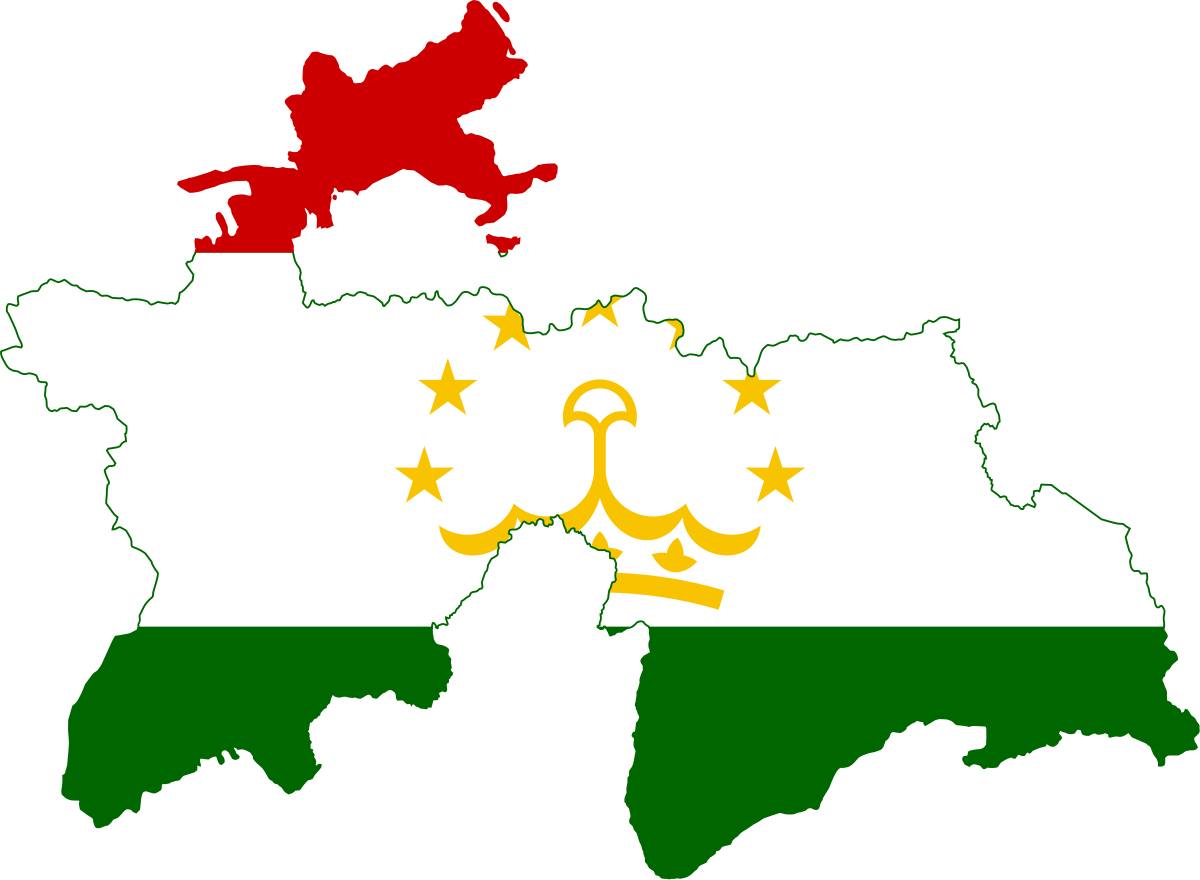On March 1st, Dushanbe played host to ‘Elevating Global Access through E-Commerce (E-GATE)’, a conference organized by the World Bank and the IFC. A first for Tajikistan, its goal was to facilitate knowledge and resource exchange amongst the country’s small and medium enterprises as well as with regional and global players in the e-commerce ecosystem.
“Recognizing the pivotal role e-commerce plays in modern economies, the World Bank is actively supporting Tajikistan in its journey to develop appropriate platforms, including E-GATE,” said Ozan Sevimli, World Bank Country Manager for Tajikistan. “The E-GATE program offers Tajik small and medium enterprises highly valuable membership of global B2B e-commerce platforms to access markets unavailable offline, and provide technical support to the government on drafting enabling legislation, and channel global knowledge to Tajik e-sellers through capacity building activities.”
The conference attracted e-commerce stakeholders from Tajikistan, Kazakhstan, Kyrgyzstan, Turkmenistan, and Uzbekistan, as well as global e-commerce giants including Amazon and Alibaba.
In landlocked Tajikistan, as in the whole of Central Asia, the emergence of e-commerce is proving a powerful tool to tap into global markets for locally made products, modernize traditional supply chains, and foster growth in employment opportunities.
To ensure the smooth functioning of E-commerce operations, Tajikistan recently introduced a ‘On Electronic Commerce’ law.
According to ECDB, a specialized e-commerce data analytics company (https://ecommercedb.com/markets/tj/all), Tajikistan is currently one of the smaller markets for e-commerce. The predicted revenue for 2024 is $17.1 million but once developed, is expected to increase by 5.4% per annum resulting in a projected market volume of $21.1 million by 2028.









